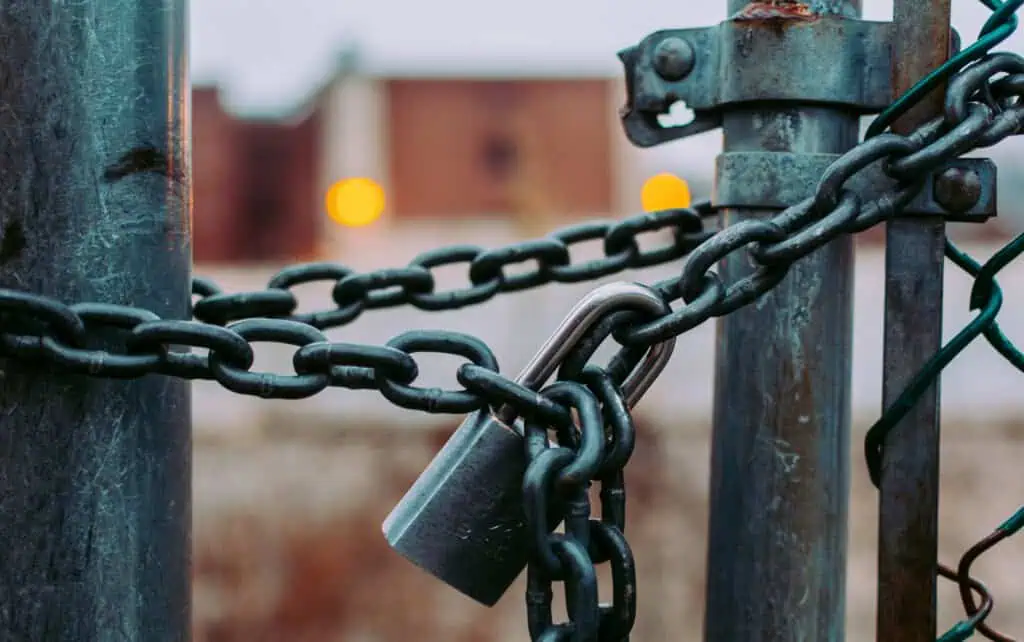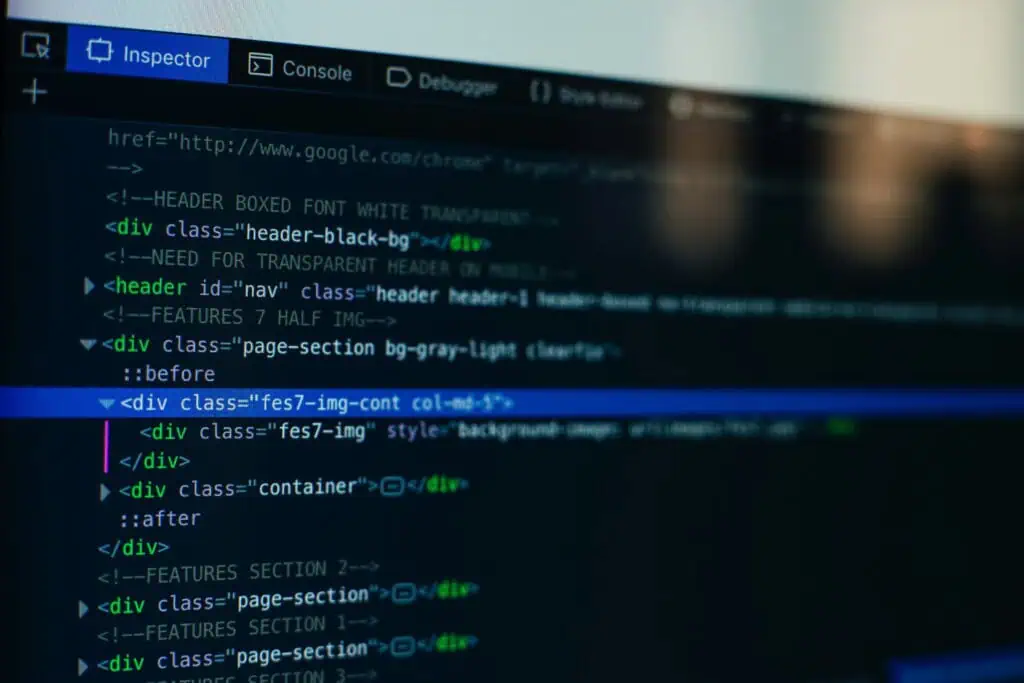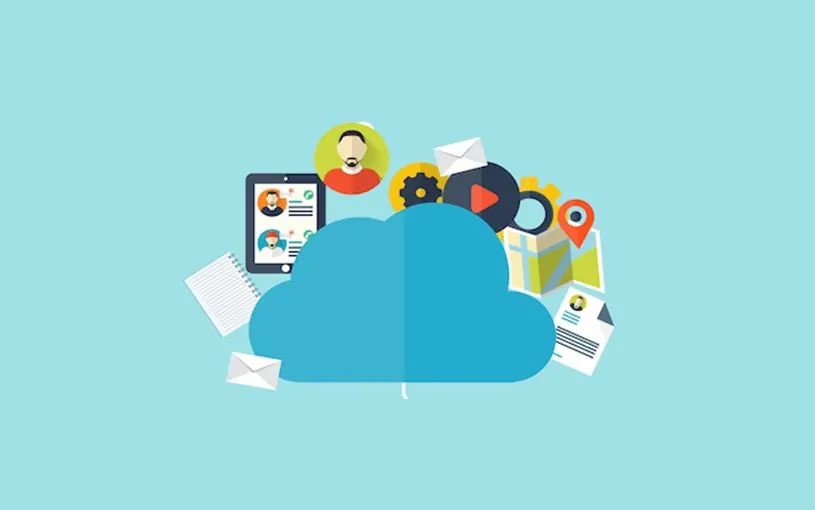PHP is one of the most used programming languages in the world, powering almost 80% of the global web applications. It has a simple and easy-to-understand coding structure, that is why developers prefer it over other programming languages. The language also powers several CMS solutions and frameworks, that facilitate the developers to build advanced applications within minutes.
During the process of developing PHP apps, developers always remain concerned about the security of the applications. Many loopholes go unnoticed while developing an application, opening ways for hackers to carry out malicious operations. That is where you need to learn useful PHP security tips to safeguard the code of your application(s) from external web attacks.
This article highlights some of the common security practices you can use on any web hosting for PHP applications. Using these tips, you can cover potential loopholes of your applications and can protect your vital site data from being affected by various hacking attempts.
So, here are some useful PHP security checks your application might need today:
Table of Contents
Top Five PHP Security Tips for Your Application
Cross-Site Scripting
Cross-site scripting is one of the most dangerous hacking attacks that can affect the cores of your web application. It is a vulnerability that enables hackers to inject malicious code or script into an application, resulting in disruption of site performance, sudden failures or theft of confidential site data. The maliciously injected code replaces the original site code but acts as an actual code with the same attributes and structure.
Using cross-site scripting also known as an XSS attack, hackers can bypass access control of applications. This gives them access to important site data and the assets of the application. Moreover, it gives them access to the browser, enabling them to peek into the site cookies, session, history, and more attributes.
To counter this attack preemptively, you can use HTML special chars or ENT_QUOTES to monitor any potential XSS attack. Using ENT_QUOTES especially, you can escape single and double quotes, that effectively rules out any possibility of a cross-site scripting attack. It’s a simple yet very strong practice to secure all the functional cores of your PHP website.
CSRF (Cross-Site Request Forgery)
Cross-Site Request Forgery (CSRF) is quite different from the cross-site scripting attack, yet equally malicious and destructive. This attack hands complete application control to the hackers, without keeping in your knowledge. With complete control, hackers can perform all the illegal operations including manipulating the data, deleting the database, etc. Ecommerce applications are routinely targeted by CSRF attacks, as hackers perform theft via deflected money transfers through the official store owner’s account.
The CSRF attack initiates with the clicking of an external link, sent intentionally by the hacker. This means you can safeguard your application if you are smart enough in opening and clicking the malicious links. Moreover, you can take two measures to protect your website from CSRF attack i.e. using the GET requests that have no side-effects and ensuring the non-GET requests to be only generated from your client-side code.
Monitor SQL Injection
The database is one of the key components of any web application. All the important project data reside inside this hub, that is why it is quite important to safeguard its each attribute from any malicious attack.
SQL Injection is a type of web attack that affects your application’s database. The attacker uses a particular URL parameter or sometimes web form fields to gain access to your database. After getting that access, the hacker can manipulate all the project data to disrupt site performance.
If your application is using standard Transact SQL, it is very likely to get hit by potential SQL attacks. So, it is highly recommended to not use standard Transact SQL queries in your application, as it makes your site extremely vulnerable to hackers. You can also use parameterized queries to prevent SQL attacks, as they allow you to make queries more structured and secured.
Don’t Expose Your Error Messages
Error messages are used to keep the end-users notified about the latest site problems. But sometimes, these error messages allow hackers to track your site vulnerabilities.
If your site error messages are displaying too much information or detailed explanation, then this might invite hackers to know the cores of your application. Showing detailed error messages can leak confidential information, such as database passwords, API keys and more.
Therefore, it is always advised to keep the error messages as little as possible and in standard numeric format. Don’t ever provide full error details in the URL display, as it makes your site more prone to SQL injection and other attacks.
Always Use SSL Certificates
To provide your data transmission end-to-end security, you must always use SSL certificates in your web applications. Hypertext transfer protocol (HTTPS) provides your application secure data transfer pathway and makes almost impossible for hackers to interrupt the transmission or steal the data. All the major web browsers including Mozilla Firefox, Google Chrome, Opera, Safari and others support SSL certificates.
With an SSL certificate in place, your application data gets encrypted with the fortified security protocol, giving hackers no possible way to access it. Yet, even if someone bypasses the protocol, he/she will never be able to decrypt it, as it is still protected with strong hashing algorithms.
How can I secure file and directory permissions in PHP websites?
To secure file and directory permissions in PHP websites, it is essential to carefully manage access control. This involves setting specific permissions to restrict unauthorized access. By following the principle of least privilege, only necessary permissions should be granted to files and directories. It is crucial to limit public access to sensitive files, such as configuration files or databases, by storing them outside the web root directory.
Additionally, a regular review and update of permissions should be conducted to ensure the ongoing security of the website. By implementing these measures, you can effectively enhance the security of your PHP websites and protect sensitive information from unauthorized access.
What is session security in PHP and how can it be implemented to prevent session hijacking?
Session security in PHP is a crucial aspect that aims to safeguard the integrity and confidentiality of user sessions within web applications. Sessions serve the purpose of allowing the server to store and manage user-specific data as they navigate through the web application. However, without adequate security measures in place, sessions can be susceptible to security breaches such as session hijacking.
To prevent session hijacking in PHP, there are several important implementation methods. One effective approach involves setting up session timeouts. By configuring session timeouts, inactive sessions are automatically invalidated after a defined period of user inactivity. This measure is vital as it helps decrease the window of opportunity for potential attackers to exploit a session.
Moreover, utilizing secure cookies can significantly enhance session security. Secure cookies with HTTP-only and secure attributes can further fortify session security. The HTTP-only attribute ensures that cookies are only accessible via HTTP requests, which helps prevent unauthorized access from client-side scripts. The secure attribute, on the other hand, enforces the use of encrypted connections (HTTPS), making it harder for attackers to intercept cookie data during transmission.
In essence, a combination of session timeouts and secure cookies alongside HTTPS encryption can greatly bolster session security in PHP applications and mitigate the risks associated with session hijacking.
How can I whitelist public IP for MySQL to enhance security in PHP applications?
Whitelisting public IP addresses for MySQL is a crucial step in enhancing security for PHP applications. By restricting access to only trusted IP addresses, the attack surface is reduced, minimizing the risk of unauthorized access and potential data breaches. This process adds an extra layer of protection against brute-force attacks by thwarting attempts to guess database credentials.
To implement this security measure effectively, start by identifying the specific public IP addresses that are deemed as trusted entities authorized to interact with the MySQL server. These may include client machines, web servers, and other known entities. Once these addresses are defined, update the MySQL server configuration file, such as my.cnf or my.ini, by setting the ‘bind-address’ directive to the desired IP address that you want to whitelist.
Next, review and adjust the MySQL user accounts to ensure they are associated with the whitelisted IP addresses and have appropriate access privileges. Remove any unnecessary or unused accounts to further bolster security. Test the connectivity to the MySQL server from the whitelisted IP addresses to verify that connections are successful and data retrieval functions as expected.
Regularly reviewing and updating the whitelist is essential to maintain the efficacy of this security practice over time. By following these steps diligently, you can significantly enhance the security of your PHP applications by whitelisting public IP addresses for MySQL.
Final Words
This brings us to the end of this article which highlighted some of the most common security practices used for PHP applications. Being a developer, you should always know how to protect your applications from external web attacks, as it is your primary responsibility to manage and secure your client’s data from getting compromised. Using the above-mentioned tips, you can ensure that your applications aren’t prone to malicious attacks and are built smart enough to protect the privacy of important site data.
If you still have more questions regarding this article or want to contribute your thoughts on the best security practices, please feel free to write down your suggestions in the comments section.







